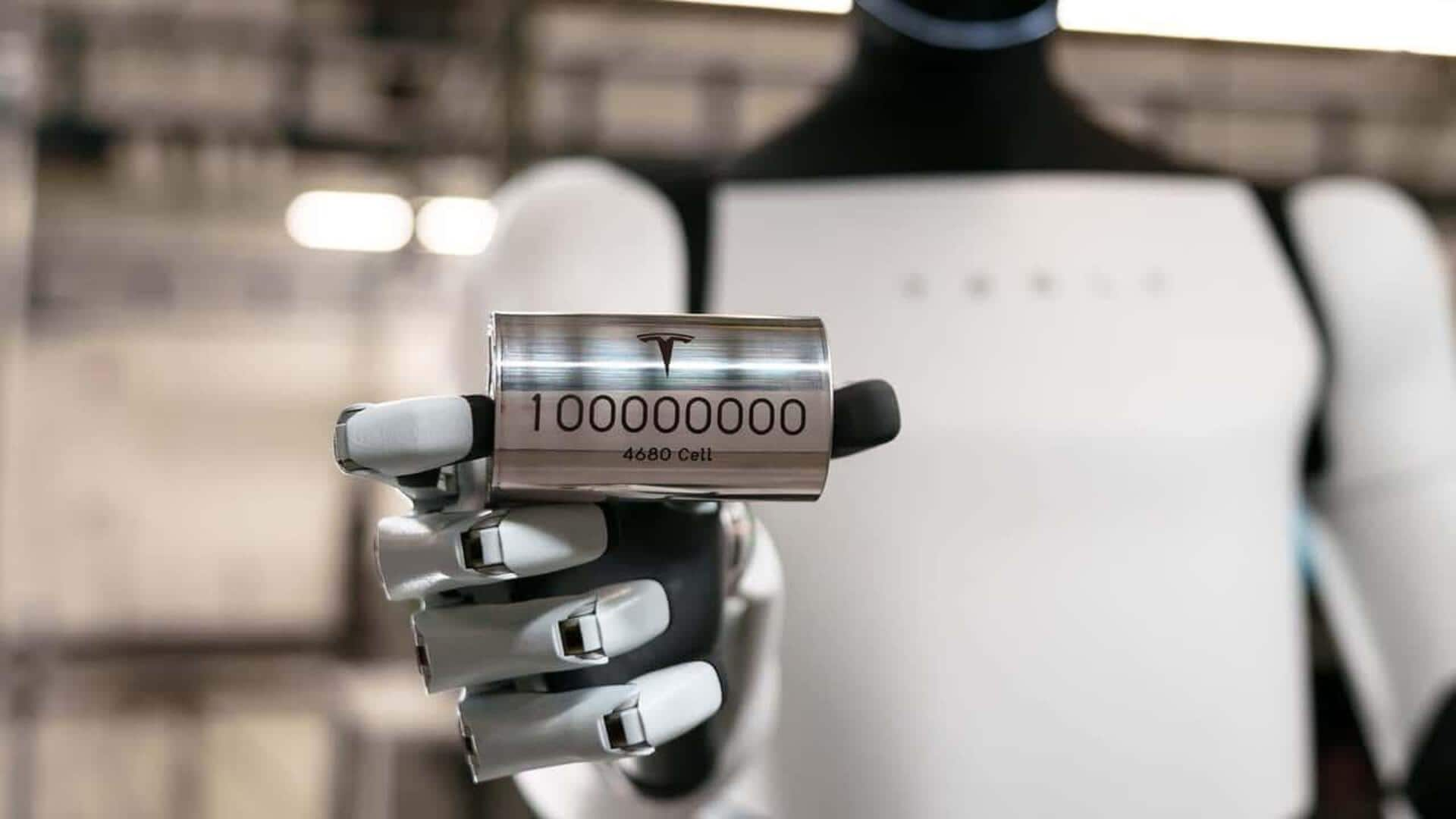
World's largest battery manufacturer says Tesla's 4680 cell will fail
What's the story
Robin Zeng, the founder and chairman of Contemporary Amperex Technology (CATL), has cast doubt on the future success of Tesla's 4680 cylindrical cell technology. Speaking to Reuters, Zeng, the leader of the world's largest battery maker, said that Elon Musk's ambitious project "is going to fail and never be successful." He even claimed that when Musk visited China in April, they had a heated debate on this very topic.
Expertise debate
Zeng questions Musk's battery manufacturing expertise
Zeng challenged Musk's understanding of battery production, saying, "He doesn't know how to make a battery." This is despite Tesla's remarkable progress with its "tabless" 4680 cells. These cells power several Tesla models including the Cybertruck and are claimed to have five times more energy capacity. As of September, Tesla had produced 100 million of these groundbreaking batteries.
Industry impact
CATL's battery technology powers various EVs
Under Zeng's leadership, CATL has emerged as a key player in the EV battery space. The company's batteries power Tesla cars made in China and Ford's electric vehicles (EVs) in North America, including the popular Mustang Mach-E and F-150 Lightning. CATL focuses on lithium iron phosphate batteries (LFP), which usually provide less range than the cylindrical cell units used by Tesla.
Timeline criticism
Zeng criticizes Musk's habit of 'overpromising' timelines
Zeng also slammed Musk for his tendency to overpromise on project timelines, a habit that is particularly evident in his promises regarding Full Self-Driving technology. "Maybe something needs five years. But he says two years. I definitely asked him why. He told me he wanted to push people," said Zeng. Despite the criticisms, Zeng admitted Musk's proficiency in areas other than battery production such as chips, software, hardware and "mechanical things."